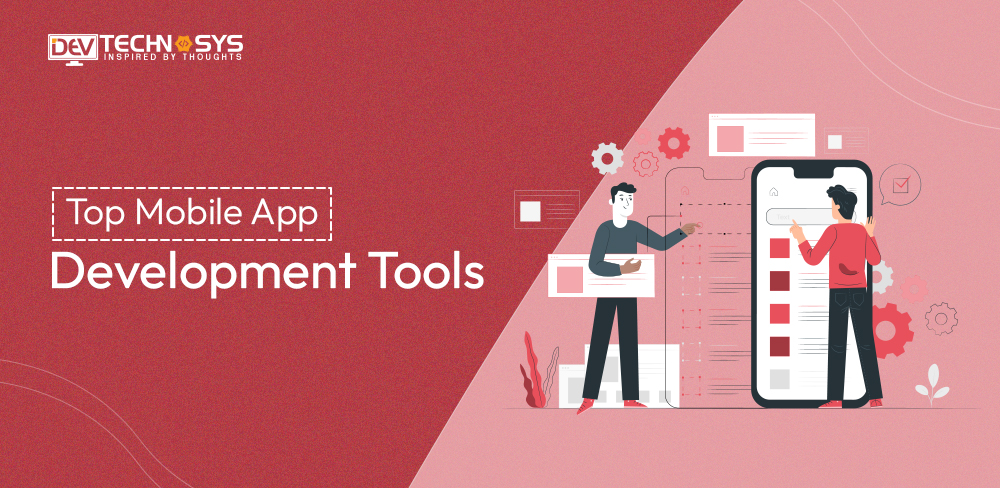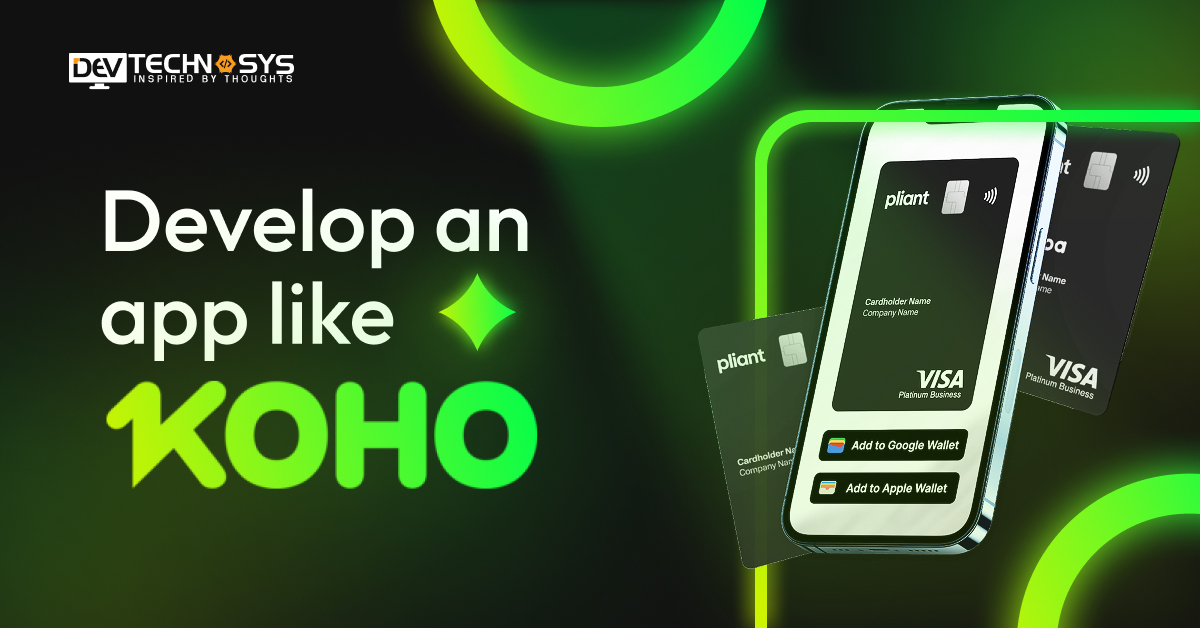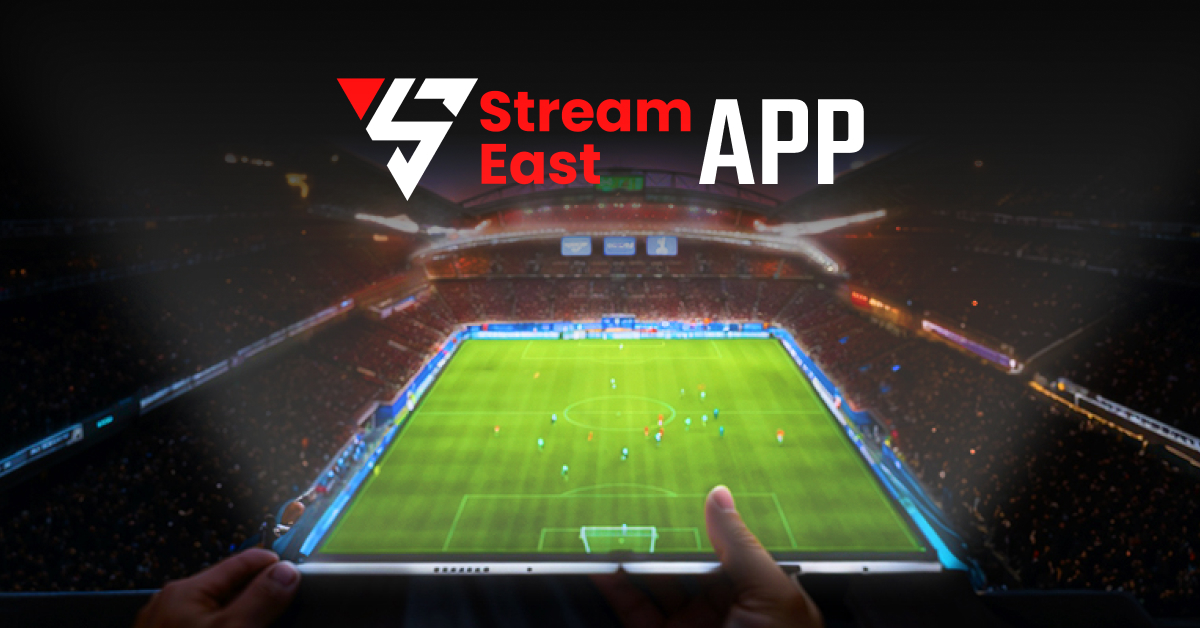We reveal the most powerful mobile app development tools of 2023. As the digital landscape changes rapidly, we have chosen the best tools for creating mobile apps. Prepare to be taken on a journey where creativity and code merge and innovation has no limits.
This magical blog will help you create exceptional mobile experiences. We’ll show you how to unleash the power of AI-driven solutions and harness the potential of seamless, cross-platform development.
Our curated tools will help you take your craft to new heights, whether you are an experienced sorcerer or an aspiring apprentice. The future of iPhone app development is now, and it’s not to be missed! Gather ’round and let the journey to the magical world of app magic begin!
What Are Mobile App Development Tools?

Mobile app development platforms are software platforms that facilitate the creation of mobile apps, testing, and deployment. These tools simplify the development process and allow developers to create apps for different operating systems, such as Android and iOS. Integrated development environments (IDEs), software development kits (SDKs), or frameworks are frequently used to boost productivity.
SDKs include essential libraries and APIs for app functionality, while IDEs have code editors, project management tools, and debugging features. Frameworks make app creation easier by supplying pre-built templates and components. Android Studio, Xcode Flutter, React Native, and Xamarin are some of the most popular tools for mobile app development. They allow mobile app development company to build robust, feature-rich applications in less time.
Top Mobile App Development Tools for 2023
Now the time has come when you must learn about top mobile app development tools, which we have mentioned below with their unique functionality.
1. React Native

React Native, a popular tool for mobile app development, allows developers to create cross-platform apps that work on iOS and Android with a single codebase. Facebook made it and enabled developers to design native interfaces that are very effective and efficient by utilizing JavaScript and React. By using pre-built libraries and parts, developers can expedite the development process.
React Native allows for hot reloading of code in real-time, simplifying testing and debugging. Its flexibility, efficiency, and significant community support have made it the preferred choice for mobile application development. It allows developers to reach a wider audience, reduce development costs and time, and reach a larger audience.
Features of React Native
- Cross-platform compatibility between iOS and Android
- Single codebase development.
- Native-like user interfaces for better user experience.
- High-performance rendering with optimized performance.
- Hot reloading allows for code changes to be made in real-time.
- Access to pre-built libraries and components.
- Support from a large community and constant updates.
- Cost-effective development that is time-efficient.
- Integrate native modules to enhance functionality
- Interactions with users should be seamless and smooth.
2. Flutter

With the help of a single codebase, developers can create cross-platform apps for iOS, Android, and the Web using Google’s Flutter framework, an open-source mobile app development platform. It uses the Dart programming language and provides a rich collection of widgets that provide a native-like experience.
Flutter’s “hot reloading” feature, among other mobile app development tools, allows for real-time code changes and speeds up development. Direct compilation into native code provides for high performance and smooth animated effects. Flutter is a framework for creating mobile apps that have grown in popularity because of its active community, regular upgrades, and quick turnaround. It features a user-friendly interface, top-notch performance, and rapid development.
Features of Flutter
- Google’s open-source framework for mobile app development.
- Cross-platform compatibility with iOS, Android, and the web.
- Single codebase development using Dart programming language.
- Rich set of widgets that can be customized for a native-like experience.
- Hot reloading allows for code updates in real-time and quicker action.
- Direct compilation of native code to achieve high performance.
- Smooth animations with a visually pleasing UI.
- Support from the community and constant updates.
- Rapid development and efficient debugging processes.
- Enjoy native-level performance on multiple platforms.
3. Xamarin

Microsoft owns Xamarin, a popular set of mobile app development tools for developing mobile apps. Using the C# framework and .NET enables developers to create cross-platform applications operating on iOS, Android, and Windows. It offers a native user experience by leveraging a single codebase and accessing platform-specific APIs. Xamarin.Forms simplify UI creation for code that is shared.
It integrates with Visual Studio to enable robust debugging, testing, and testing. Xamarin offers many libraries, plugins, and integration tools, including various mobile app development tools, to simplify third-party integration. Xamarin’s mature community and extensive support make it a flexible choice for creating feature-rich high-performance mobile apps across multiple platforms.
Xamarin of Features
- Cross-platform mobile development framework.
- It allows developers to create apps in C# or. NET.
- Shared codebase between Android, iOS, and Windows platforms.
- Native performance and user-experience
- Access to APIs and features specific to the forum.
- A single codebase simplifies maintenance.
- Supports Visual Studio IDE for development.
- Test and debug on multiple devices.
- Forms enable UI code sharing.
- Support for the community and libraries is extensive.
4. Ionic
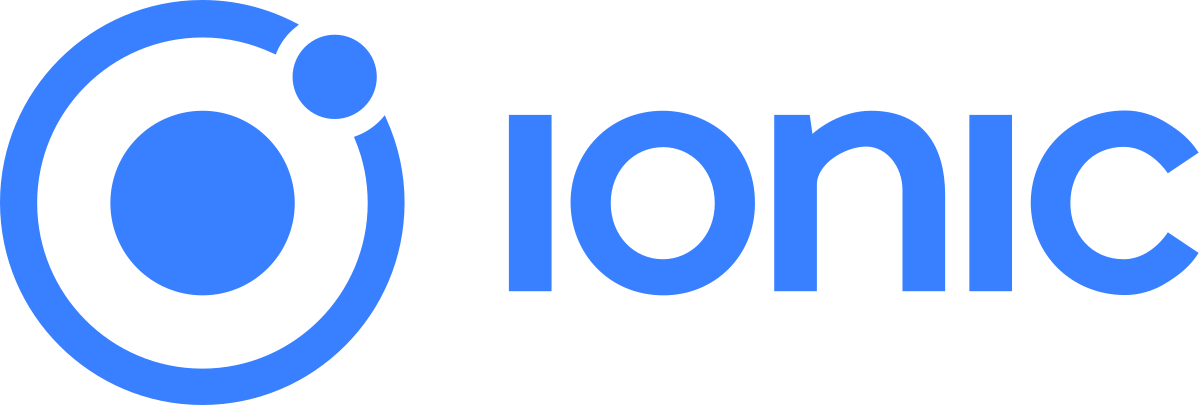
Ionic is an open-source mobile app framework that allows developers to build cross-platform apps quickly. Ionic creates native-like applications for iOS, Android, and the web using web technologies like HTML, CSS, and JavaScript. The pre-built UI elements, themes, and plugins speed up quantum app development tools. A single codebase allows for cost-effectiveness, faster deployment, and quicker action. Ionic allows for seamless integration with native device features and various backend services. Its strong community support, regular updates, and ease of use make it an excellent choice for developers looking to create high-quality mobile applications.
Features of Ionic
- Open-source, cross-platform mobile app development framework.
- Uses web technologies like HTML, CSS, and JavaScript/TypeScript.
- Creates iOS, Android, and web apps using a single codebase.
- Native-like interfaces and performance.
- It offers a variety of pre-built UI themes and components.
- Integrates with React, Angular or Vue.js to enhance functionality.
- Cordova simplifies the deployment of apps to app stores.
- Supports a variety of plugins to access device features.
- Support from the community and frequent updates.
5. jQuery Mobile
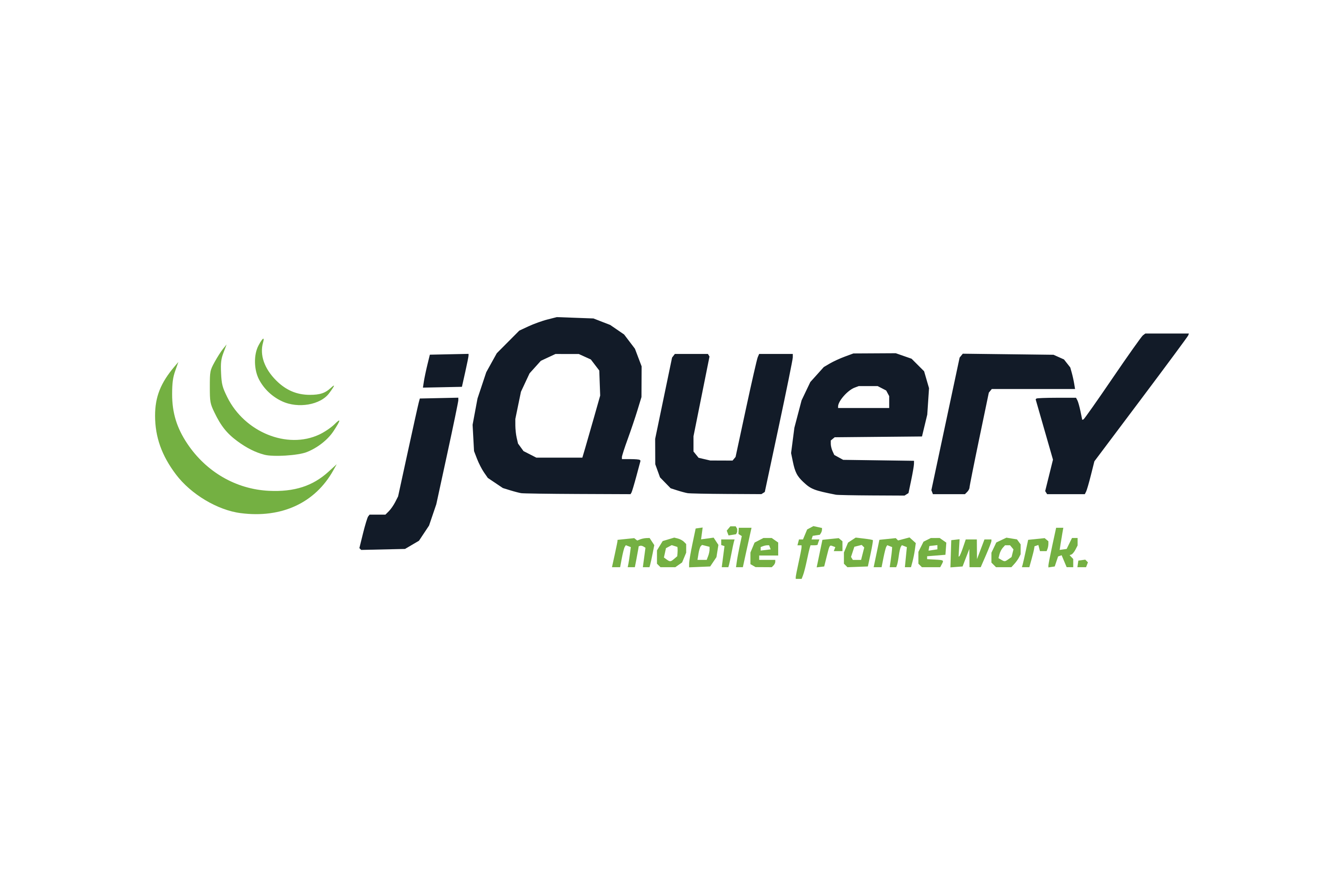
jQuery Mobile, a lightweight tool for creating cross-platform mobile apps optimized for touch input, allows developers to create responsive and interactive user interfaces. It is built on the jQuery libraries and will enable developers to create free quantum app development tools, and responsive, interactive, mobile-friendly interfaces. jQuery Mobile is a framework that allows developers to build applications compatible with various devices and platforms. It uses HTML5, CSS3, JavaScript, and JavaScript.
It is compatible with multiple mobile devices, browsers, and operating systems. jQuery Mobile’s extensive plugin ecosystem allows for easy integration of new features, making it an excellent choice for web designers to create engaging mobile apps.
jQuery Mobile of Features
- Simplifies mobile application development with HTML5, CSS3, JavaScript
- Responsive UI framework for consistent user experience
- Supports iOS, Android, and Windows Phone
- Touch-friendly elements for intuitive interaction
- Lightweight design for faster loading times
- Customization and Theming Options
- Create cross-platform mobile applications with a uniform look and feel
- Ideal for web developers who want to build mobile applications quickly.
6. Sencha Ext JS
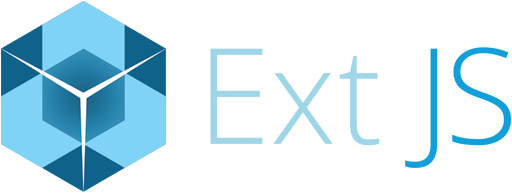
Sencha Ext JS is a powerful mobile app development tool that allows you to build cross-platform mobile apps. It uses a JavaScript framework and HTML5 and CSS3 for creating feature-rich, data-intensive applications, leveraging various mobile app development tools effectively. Ext JS provides a variety of pre-built UI elements, charts, grids, and other components that allow developers to create responsive and visually pleasing interfaces, utilizing various mobile app development tools.
It is compatible with desktops and mobile devices, making it a versatile mobile app development tool. Sencha Ext JS ensures a consistent user experience across all screen sizes, utilizing various mobile app development tools effectively. It’s robust data handling and MVC architecture facilitate efficient development, leveraging mobile app development tools effectively. It is a popular choice for complex and enterprise-level mobile apps, making it a powerful mobile app development tool for developers.
Sencha Ext JS of Features
- Comprehensive JavaScript framework for cross-platform app development
- Use HTML5 and CSS3 to create modern, interactive interfaces
- An extensive library of pre-built UI elements, charts, and grids
- Design responsively for a seamless experience on desktops and mobile devices
- MVC architecture and robust data handling capabilities
- Data-intensive web applications can be built using this tool
- Supports complex mobile apps and enterprise-level projects
- Consistent user experience across screen sizes.
7. Framework 7
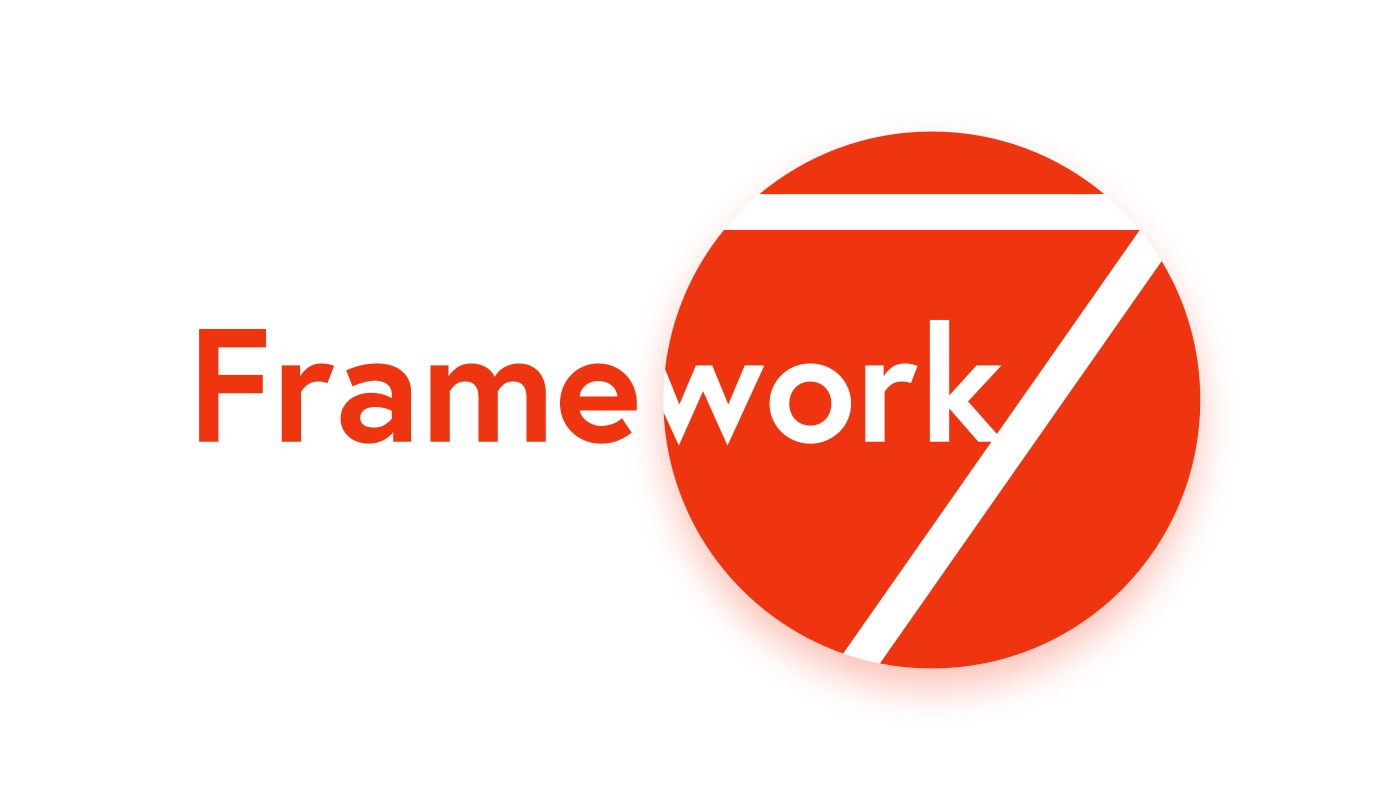
Framework7 is a popular mobile app development tool for creating native-like mobile apps using HTML, CSS, and JavaScript, alongside other mobile app development tools. It focuses on iOS and Android platforms, offering a variety of widgets and UI components for rapid development. Its flexibility allows developers to create feature-rich, responsive apps with smooth animations and transitions, using various mobile app development tools.
Framework7 supports integration with popular JavaScript Frameworks such as React and Vue.js, maximizing the potential of mobile app development tools. It provides versatility for developers of different preferences, allowing them to utilize various mobile app development tools effectively. It’s extensive documentation and active community support make it an excellent choice for developers looking for a robust framework to build mobile apps, utilizing various best mobile app development tools.
Features of Framework 7
- Using HTML, CSS, and JavaScript, you can create native-like apps.
- Focus on iOS and Android platforms to provide a seamless user experience
- It offers a wide range of pre-built UI widgets and components
- Smooth animations and transitions are provided for a polished user interface
- Adds flexibility by integrating with React or Vue.js
- Documentation and community support
- Regular updates will ensure that your framework is always up-to-date and modern
- The ideal choice for mobile app developers looking for a feature-rich and user-friendly tool.
8. Swiftic
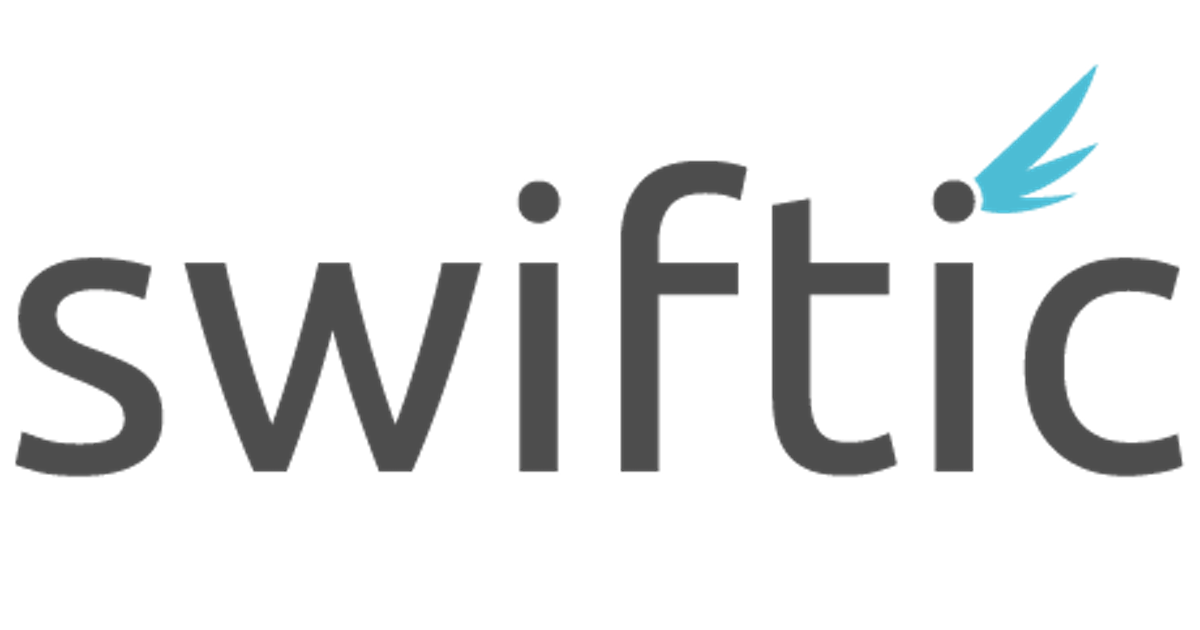
Swiftic (now known as Wix App Builder) is a mobile app developer tool for creating mobile apps that allow users to do so without having to code. Users may develop and configure their apps thanks to the user-friendly drag-and-drop interface, using various mobile app development tools. Swiftic offers a variety of templates, widgets, and features to enhance the functionality of apps, including in-app purchases, push notifications, or social media integration.
It also supports iOS and Android, ensuring broad compatibility, and effectively leveraging various mobile app development tools. App Swiftic/Wix Builder is a fantastic option for people, companies, and entrepreneurs who want to construct their apps without needing technical skills because of its user-friendly design and robust capabilities, utilizing various mobile app development tools.
Swiftic Features
- Drag-and-drop for intuitive app creation
- App functionality can be enhanced by using widgets and templates that are customizable.
- Support for iOS and Android platforms
- Push notifications and in-app purchases are available.
- Integration of social media to increase engagement
- Ideal for individuals and businesses without technical expertise
- App publishing is made easy.
9. Onsen UI

Onsen is a versatile and powerful mobile app development tool, one of the popular mobile app development tools, that uses HTML5, CSS, and JavaScript. It allows the creation of cross-platform applications using a variety of customizable UI templates and components. Hire mobile app developers can create a uniform and attractive user experience on different devices by using themes inspired by iOS and Material Design.
Onsen UI integrates seamlessly with popular JavaScript Frameworks such as Angular or React to enhance development flexibility, combining various mobile app development tools. The responsiveness and native-like performance of Onsen UI on different platforms guarantee excellent user engagement. Onsen UI also offers integrated tools for app testing and debugging, leveraging mobile app development tools effectively. It makes it a popular choice for developers looking for efficient and reliable solutions for app development.
Features of Onsen UI
- Framework for mobile app development based on HTML5, CSS and JavaScript
- It offers a variety of customizable UI templates and components
- Supports both Material Design themes and iOS-inspired ones
- This framework allows for the seamless integration of popular JavaScript frameworks such as Angular and React
- It ensures native-like responsiveness and performance on multiple devices
- Built-in tools make it easy to test and debug apps
- Create cross-platform mobile apps with consistent user experience.
10. Native Scripts
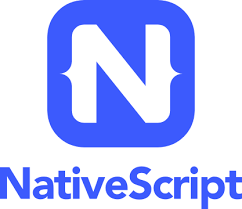
NativeScript is a powerful, open-source mobile app development tool for mobile app development that lets developers build native apps for iOS and Android with JavaScript, TypeScript, or Angular. Hire dedicated developers to create and deploy a single codebase to multiple platforms, utilizing various mobile app development tools. Users receive a native-like experience because of NativeScript’s extensive selection of native UI elements.
Direct access to native APIs allows developers to implement platform-specific functionality quickly, leveraging mobile app development tools effectively. NativeScript’s strong community and comprehensive plugin support empower developers to build feature-rich, high-performance apps, utilizing various mobile app development tools. Its efficiency and versatility make it the preferred choice for cross-platform app development.
Features of Native Scripts
- Open-source mobile app development tool
- Supports iOS and Android platforms
- Uses JavaScript TypeScript or Angular to code
- Cross-platform deployment using a single codebase
- Native-like experience with a rich set of native UI components
- Direct access to native APIs that support platform-specific features
- Support for plugins and a strong community
- Build feature-rich, high-performance mobile applications with this powerful tool.
11. Unity

Unity is one of the leading mobile app development tools for creating mobile apps. Its versatility allows it to create immersive and interactive experiences. Unity is primarily known as a gaming engine but excels at building mobile applications across multiple platforms. The user-friendly editor makes it easy for developers to create 2D or 3D applications, utilizing various mobile app development tools. Using C# scripting, developers can create complex game logic.
Unity is compatible with multiple platforms, including iOS, Android, and PC, making it a versatile option for mobile app development. The extensive asset store contains ready-to-use assets and plugins, including a wide range of mobile app development tools that accelerate growth. Unity’s collaborative and powerful features make it the preferred choice for developing mobile apps across diverse industries.
Features of Unity
- Game development engine that is powerful and versatile
- Supports PC, mobile, console, and VR/AR
- Visual editor for 2D and 3D game creation.
- Asset store with ready-to-use assets and plugins
- C# scripting for game logic and mechanics
- Real-time previews of rapid prototyping
- Animation and advanced physics engine
- Collaboration with version control integrated
Final Thoughts!
As we enter 2023, many tools are available to developers to streamline the development process and allow them to create exceptional applications. Hire Android app developers who have a wide range of choices, from the simplicity and versatility of jQuery Mobile to the rich features of Sencha Ext JS or the cross-platform capabilities of Ionic. The demand for mobile applications continues to grow. By embracing the top tools, developers can revolutionize mobile app development.
Frequently Asked Questions
Q1. What Are The Top Mobile App Development Tools For 2023?
React Native, Flutter, and Android Studio will be the most popular mobile app development tool in 2023. These tools provide efficient cross-platform development and native performance.
Q2. Which Cross-Platform Frameworks Are Recommended For Mobile App Development?
React Native and Flout are recommended for cross-platform development. These tools allow for code reuse, faster development cycles, and the ability to develop apps that can be deployed on both Android and iOS.
Q3. What Are The Key Benefits Of Native App Development Tools?
Native app development software like Android Studio or Xcode provides access to platform-specific functions, ensuring smooth performance for iOS and Android applications.
Q4. How Do Mobile App Prototyping Tools Enhance The Development Process?
Designers can create interactive mockups of apps using tools such as Adobe XD or Sketch without coding. It speeds up the design phase and allows for early feedback. It also streamlines development.
Q5. What Advantages Does Firebase Offer As A Mobile Backend-As-A-Service (Mbaas) Platform?
Firebase is a backend solution that offers features such as real-time databases, user authentication, and cloud storage. Its integration simplifies server management, accelerates development, and increases app scalability.
